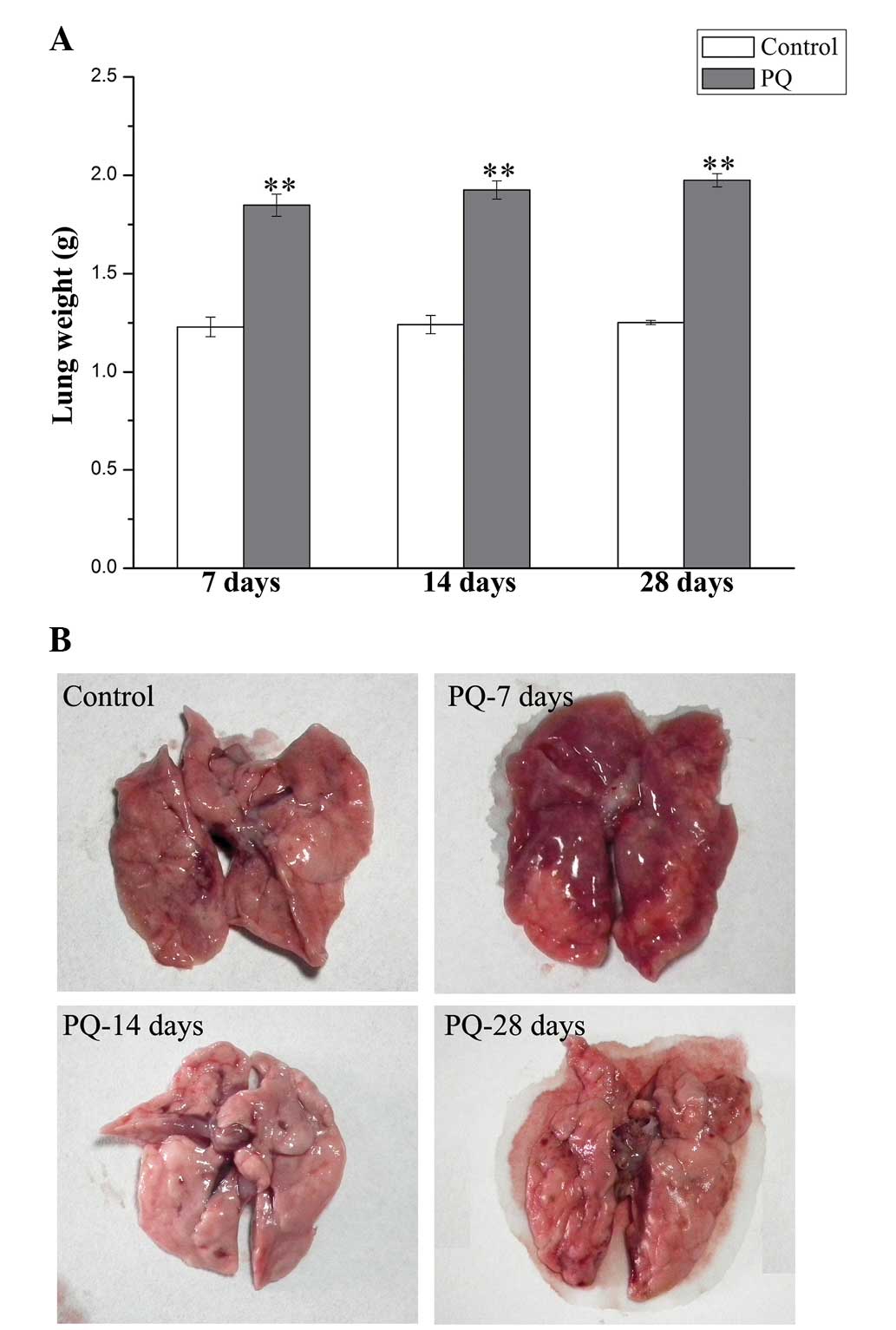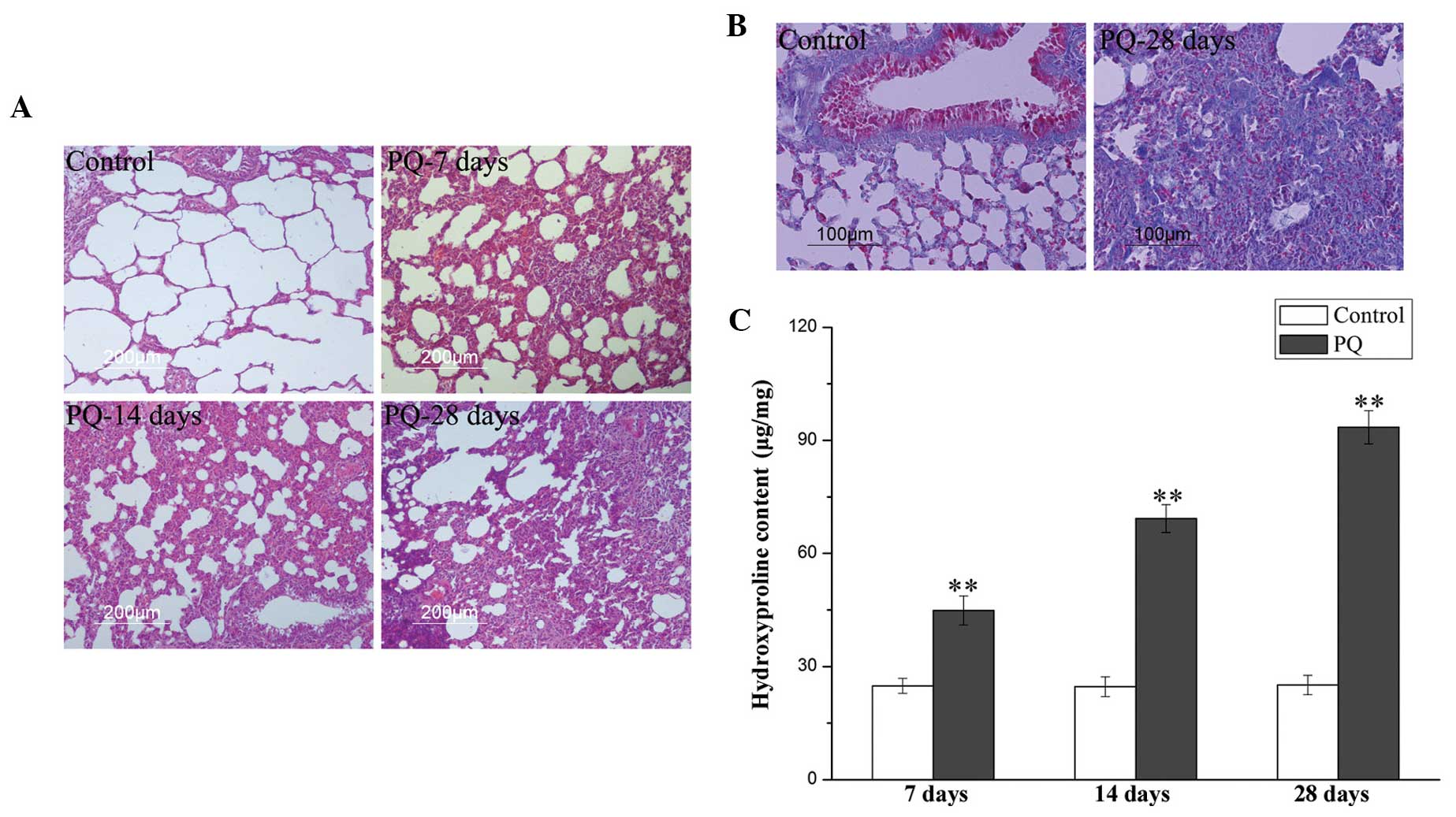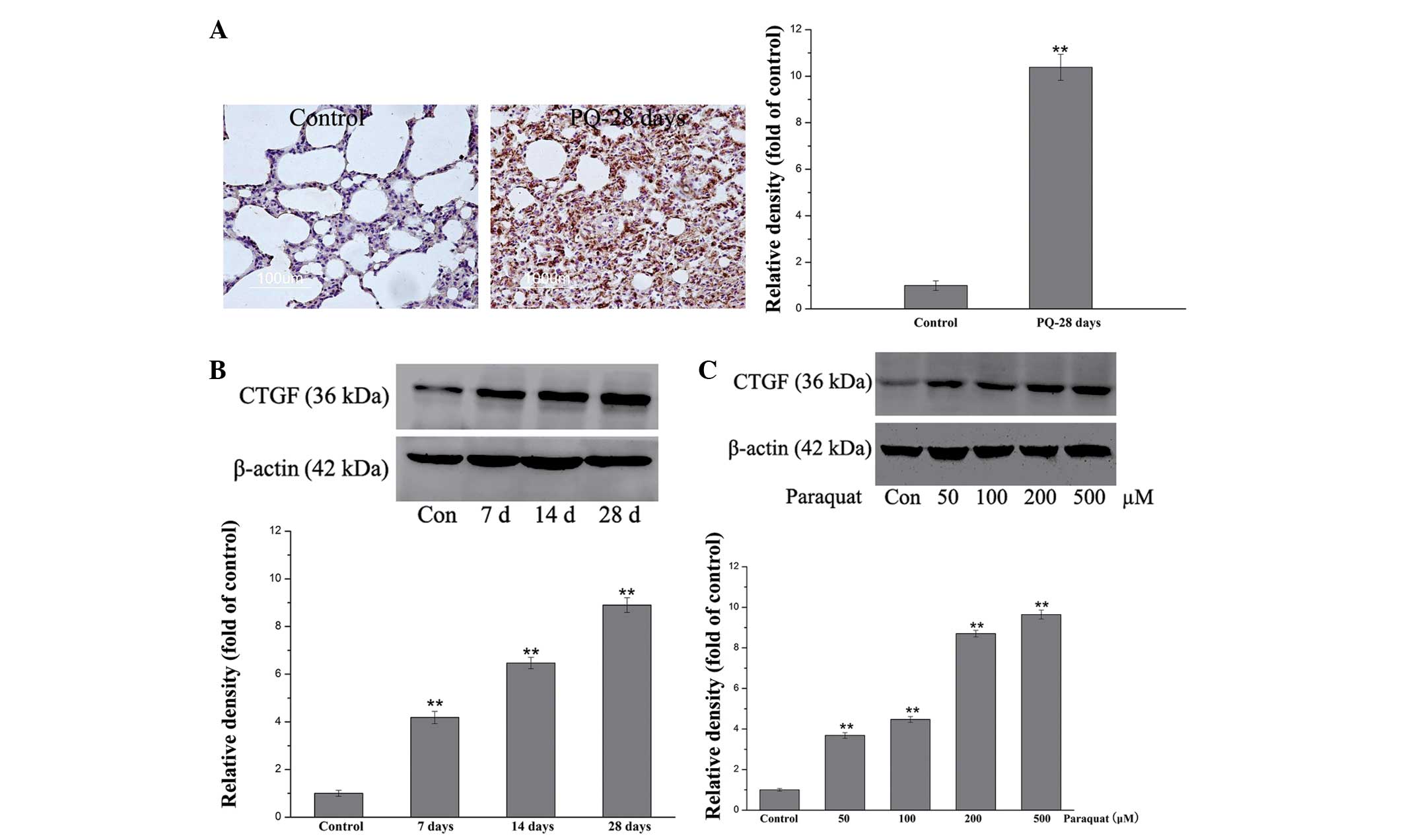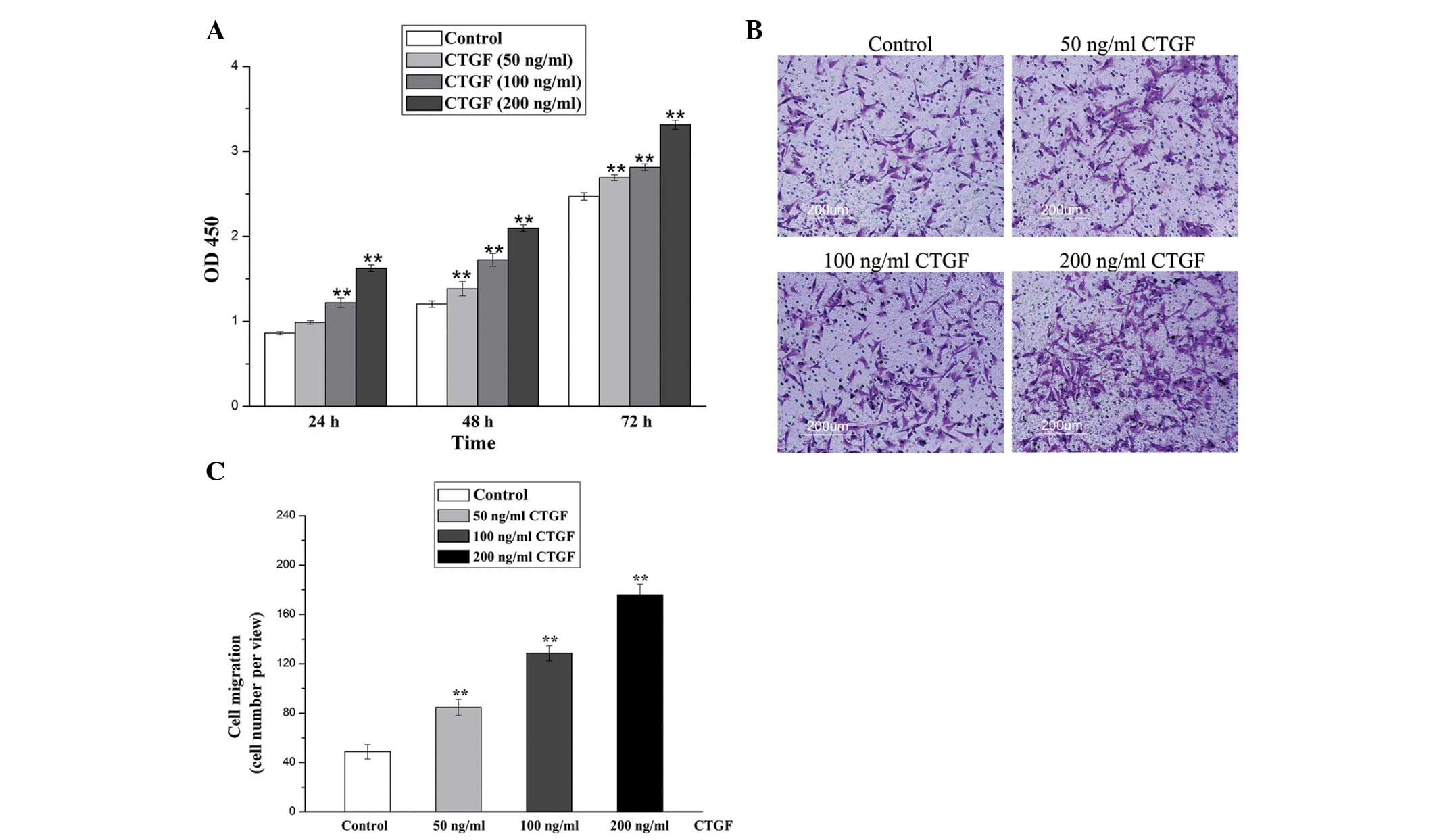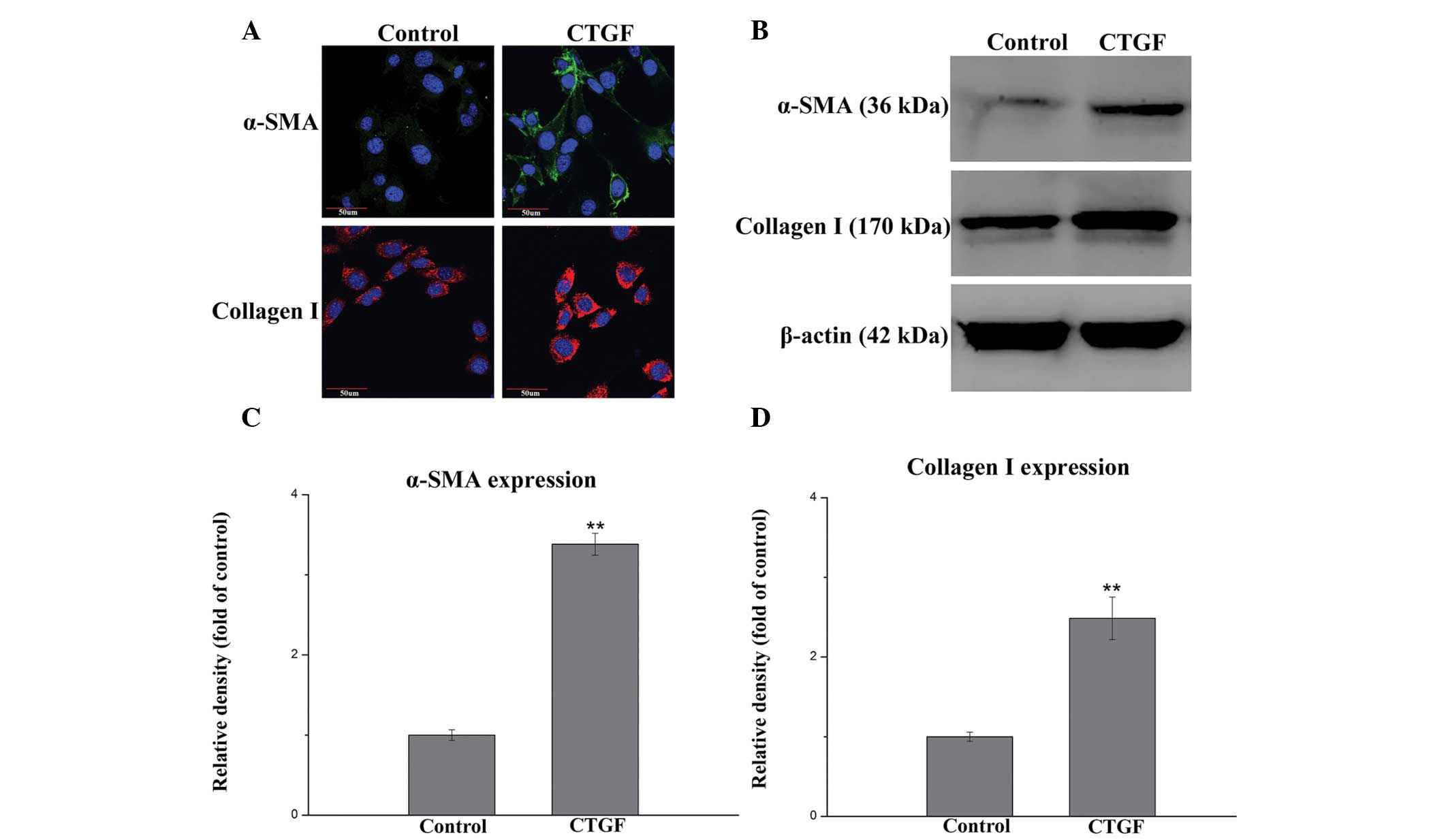|
1
|
Dinis-Oliveira RJ, Duarte JA,
Sánchez-Navarro A, et al: Paraquat poisonings: mechanisms of lung
toxicity, clinical features, and treatment. Crit Rev Toxicol.
38:13–71. 2008. View Article : Google Scholar
|
|
2
|
Neves FF, Sousa RB, Pazin-Filho A, et al:
Severe paraquat poisoning: clinical and radiological findings in a
survivor. J Bras Pneumol. 36:513–516. 2010. View Article : Google Scholar : PubMed/NCBI
|
|
3
|
Chen CM and Lua AC: Lung toxicity of
paraquat in the rat. J Toxicol Environ Health A. 60:477–487. 2000.
View Article : Google Scholar
|
|
4
|
Baltazar T, Dinis-Oliveira RJ, Duarte JA,
et al: Paraquat research: do recent advances in limiting its
toxicity make its use safer? Br J Pharmacol. 168:44–45. 2013.
View Article : Google Scholar :
|
|
5
|
Novaes RD, Gonçalves RV, Cupertino MC, et
al: Bark extract of Bathysa cuspidata attenuates extra-pulmonary
acute lung injury induced by paraquat and reduces mortality in
rats. Int J Exp Pathol. 93:225–233. 2012. View Article : Google Scholar : PubMed/NCBI
|
|
6
|
Li LR, Sydenham E, Chaudhary B and You C:
Glucocorticoid with cyclophosphamide for paraquat-induced lung
fibrosis. Cochrane Database Syst Rev. 16:CD0080842010.
|
|
7
|
Lin JL, Lin-Tan DT, Chen KH, et al:
Improved survival in severe paraquat poisoning with repeated pulse
therapy of cyclophosphamide and steroids. Intensive Care Med.
37:1006–1013. 2011. View Article : Google Scholar : PubMed/NCBI
|
|
8
|
Moon JM and Chun BJ: The efficacy of high
doses of vitamin C in patients with paraquat poisoning. Hum Exp
Toxicol. 30:844–850. 2011. View Article : Google Scholar
|
|
9
|
Suntres ZE: Role of antioxidants in
paraquat toxicity. Toxicology. 180:65–77. 2002. View Article : Google Scholar : PubMed/NCBI
|
|
10
|
Koo JR, Kim JC, Yoon JW, et al: Failure of
continuous venovenous hemofiltration to prevent death in paraquat
poisoning. Am J Kidney Dis. 39:55–59. 2002. View Article : Google Scholar : PubMed/NCBI
|
|
11
|
Koo JR, Yoon JW, Han SJ, et al: Rapid
analysis of plasma paraquat using sodium dithionite as a predictor
of outcome in acute paraquat poisoning. Am J Med Sci. 338:373–377.
2009. View Article : Google Scholar : PubMed/NCBI
|
|
12
|
Harlow CR and Hillier SG: Connective
tissue growth factor in the ovarian paracrine system. Mol Cell
Endocrinol. 187:23–27. 2002. View Article : Google Scholar : PubMed/NCBI
|
|
13
|
Takigawa M, Nakanishi T, Kubota S and
Nishida T: Role of CTGF/HCS24/ecogenin in skeletal growth control.
J Cell Physiol. 194:256–266. 2003. View Article : Google Scholar : PubMed/NCBI
|
|
14
|
Wang Q, Usinger W, Nichols B, et al:
Cooperative interaction of CTGF and TGF-β in animal models of
fibrotic disease. Fibrogenesis Tissue Repair. 4:42011. View Article : Google Scholar
|
|
15
|
Moussad EE and Brigstock DR: Connective
tissue growth factor: what’s in a name? Mol Genet Metab.
71:276–292. 2000. View Article : Google Scholar : PubMed/NCBI
|
|
16
|
Ponticos M, Holmes AM, Shi-wen X, et al:
Pivotal role of connective tissue growth factor in lung fibrosis:
MAPK-dependent transcriptional activation of type I collagen.
Arthritis Rheum. 60:2142–2155. 2009. View Article : Google Scholar : PubMed/NCBI
|
|
17
|
Bogatkevich GS, Ludwicka-Bradley A,
Singleton CB, et al: Proteomic analysis of CTGF-activated lung
fibroblasts: identification of IQGAP1 as a key player in lung
fibroblast migration. Am J Physiol Lung Cell Mol Physiol.
295:L603–L611. 2008. View Article : Google Scholar : PubMed/NCBI
|
|
18
|
Shimo T, Kubota S, Kondo S, et al:
Connective tissue growth factor as a major angiogenic agent that is
induced by hypoxia in a human breast cancer cell line. Cancer Lett.
174:57–64. 2001. View Article : Google Scholar : PubMed/NCBI
|
|
19
|
Chujo S, Shirasaki F, Kawara S, et al:
Connective tissue growth factor causes persistent proalpha2(I)
collagen gene expression induced by transforming growth factor-beta
in a mouse fibrosis model. J Cell Physiol. 203:447–456. 2005.
View Article : Google Scholar
|
|
20
|
Heng EC, Huang Y, Black SA Jr and Trackman
PC: CCN2, connective tissue growth factor, stimulates collagen
deposition by gingival fibroblasts via module 3 and alpha6- and
beta1 integrins. J Cell Biochem. 98:409–420. 2006. View Article : Google Scholar : PubMed/NCBI
|
|
21
|
Sun Z, Gong X, Zhu H, et al: Inhibition of
Wnt/β-catenin signaling promotes engraftment of mesenchymal stem
cells to repair lung injury. J Cell Physiol. 229:213–224. 2014.
View Article : Google Scholar
|
|
22
|
McAnulty RJ: Fibroblasts and
myofibroblasts: their source, function and role in disease. Int J
Biochem Cell Biol. 39:666–671. 2007. View Article : Google Scholar : PubMed/NCBI
|
|
23
|
Scotton CJ and Chambers RC: Molecular
targets in pulmonary fibrosis: the myofibroblast in focus. Chest.
132:1311–1321. 2007. View Article : Google Scholar : PubMed/NCBI
|
|
24
|
Bonniaud P, Margetts PJ, Kolb M, et al:
Adenoviral gene transfer of connective tissue growth factor in the
lung induces transient fibrosis. Am J Respir Crit Care Med.
168:770–778. 2003. View Article : Google Scholar : PubMed/NCBI
|
|
25
|
Chen CM, Wang LF, Chou HC, Lang YD and Lai
YP: Up-regulation of connective tissue growth factor in
hyperoxia-induced lung fibrosis. Pediatr Res. 62:128–133. 2007.
View Article : Google Scholar : PubMed/NCBI
|
|
26
|
Sun Z, Wang C, Shi C, et al: Activated Wnt
signaling induces myofibroblast differentiation of mesenchymal stem
cells, contributing to pulmonary fibrosis. Int J Mol Med.
33:1097–1109. 2014.PubMed/NCBI
|
|
27
|
Phan SH: The myofibroblast in pulmonary
fibrosis. Chest. 122(6 Suppl): 286S–289S. 2002. View Article : Google Scholar : PubMed/NCBI
|
|
28
|
Ahmed AA: Protective effect of montelukast
on paraquat-induced lung toxicity in rats. Biosci Trends. 3:63–72.
2009.
|
|
29
|
Tomita M, Okuyama T, Katsuyama H, et al:
Mouse model of paraquat-poisoned lungs and its gene expression
profile. Toxicology. 231:200–209. 2007. View Article : Google Scholar : PubMed/NCBI
|
|
30
|
Hoet PH and Nemery B: Polyamines in the
lung: polyamine uptake and polyamine-linked pathological or
toxicological conditions. Am J Physiol Lung Cell Mol Physiol.
278:L417–L433. 2000.PubMed/NCBI
|
|
31
|
Smith LL: Mechanism of paraquat toxicity
in lung and its relevance to treatment. Hum Toxicol. 6:31–36. 1987.
View Article : Google Scholar : PubMed/NCBI
|
|
32
|
Smith LL, Lewis CP, Wyatt I and Cohen GM:
The importance of epithelial uptake systems in lung toxicity.
Environ Health Perspect. 85:25–30. 1990. View Article : Google Scholar : PubMed/NCBI
|
|
33
|
Lacerda AC, Rodrigues-Machado Mda G,
Mendes PL, et al: Paraquat (PQ)-induced pulmonary fibrosis
increases exercise metabolic cost, reducing aerobic performance in
rats. J Toxicol Sci. 34:671–679. 2009. View Article : Google Scholar : PubMed/NCBI
|
|
34
|
Tung JN, Lang YD, Wang LF and Chen CM:
Paraquat increases connective tissue growth factor and collagen
expression via angiotensin signaling pathway in human lung
fibroblasts. Toxicol In Vitro. 24:803–808. 2010. View Article : Google Scholar
|
|
35
|
Bhogal RK, Stoica CM, McGaha TL and Bona
CA: Molecular aspects of regulation of collagen gene expression in
fibrosis. J Clin Immunol. 25:592–603. 2005. View Article : Google Scholar : PubMed/NCBI
|
|
36
|
Phan SH: Biology of fibroblasts and
myofibroblasts. Proc Am Thorac Soc. 5:334–337. 2008. View Article : Google Scholar : PubMed/NCBI
|
|
37
|
Kendall RT and Feghali-Bostwick CA:
Fibroblasts in fibrosis: novel roles and mediators. Front
Pharmacol. 5:1232014. View Article : Google Scholar : PubMed/NCBI
|
|
38
|
Liu X, Wu W and Chen H: Effects of CTGF
gene silencing on the proliferation and myofibroblast
differentiation of human lung fibroblasts. Sheng Wu Yi Xue Gong
Cheng Xue Za Zhi. 25:407–412. 2008.In Chinese. PubMed/NCBI
|















